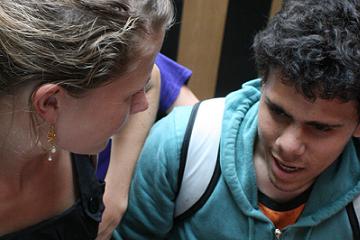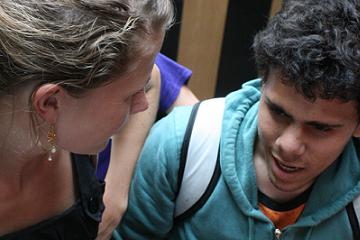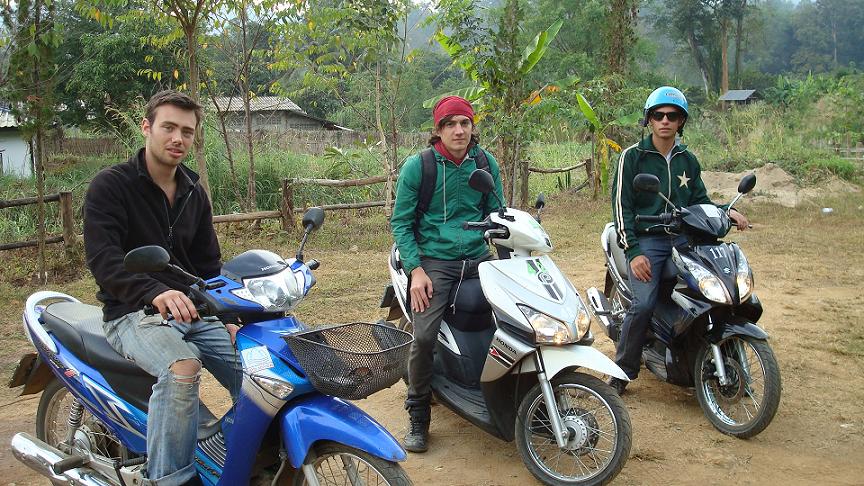
Photo: ro gianesi
I MET MANY PEOPLE during my two months in Southeast Asia, and we all started off with, basically, the same conversation. If you’ve traveled for an extended period of time, you probably know what I mean. Here, I’ve listed what I feel are the main points of the ‘Typical Traveler Conversation’ and how I think they function.

